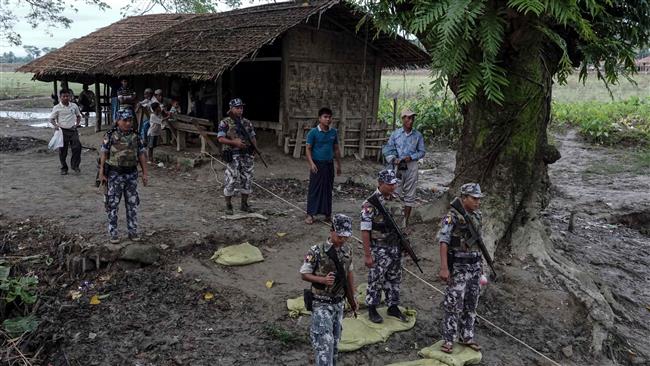
RNA - At the conclusion of her 12-day tour of Myanmar, the United Nations Special Rapporteur Yanghee Lee told a Friday press conference in the city of Yangon that she encountered “increasing restrictions” on her access to the areas on her agenda of visits.
Lee further said government authorities had prevented her from visiting parts of northeastern Myanmar, where the military stands accused of abusing civilians in its conflict with ethnic rebels, citing security concerns.
She was also prevented from visiting three journalists arrested last month by the army and charged with contacting a rebel group, although the site of their detention was a popular tourist spot, added the human rights envoy as cited in a Reuters report.
Lee also emphasized that it was “unacceptable” that people meeting her were monitored and even followed by agents she suspected to be from the police Special Branch that once stalked political opponents during nearly half a century of dictatorship.
Myanmar authorities are also refusing entry to a separate UN fact-finding mission appointed by the Human Rights Council in Geneva to investigate allegations of abuses by the army forces.
The panel has a special focus on the western state of Rakhine, where the country’s military forces led an operation late last year in response to attacks by militants, forcing an estimated 75,000 Rohingya Muslims to flee across the border to Bangladesh.
Nearly 1.1 million Rohingya Muslims are denied citizenship in Myanmare and face restrictions on their movements in Rakhine.
Lee further stated during her news conference that "the general situation for the Rohingya has hardly improved since my last visit in January and has become further complicated in the north of Rakhine.”
She also underlined that the persisting abuses by military forces as well as killings by militants perceived to be working with the government left many Rohingya Muslims “terrified and often caught between violence on both sides.”
Human rights violations in Myanmar have persisted event after the Western-backed former rights activist Aung San Suu Kyi, a Nobel Laureate, rose to power last year following a landslide victory in the 2015 elections.
Lee further asserted, “I have to say I am disappointed to see the tactics applied by the previous government still being used.”
“In the previous times, human rights defenders, journalists and civilians were followed, monitored and surveyed and questioned. That’s still going on,” she added.
Suu Kyi’s office, meanwhile, said it was “disappointed” with Lee’s end of mission statement, which “contains many sweeping allegations and a number of factual errors.”
847/940